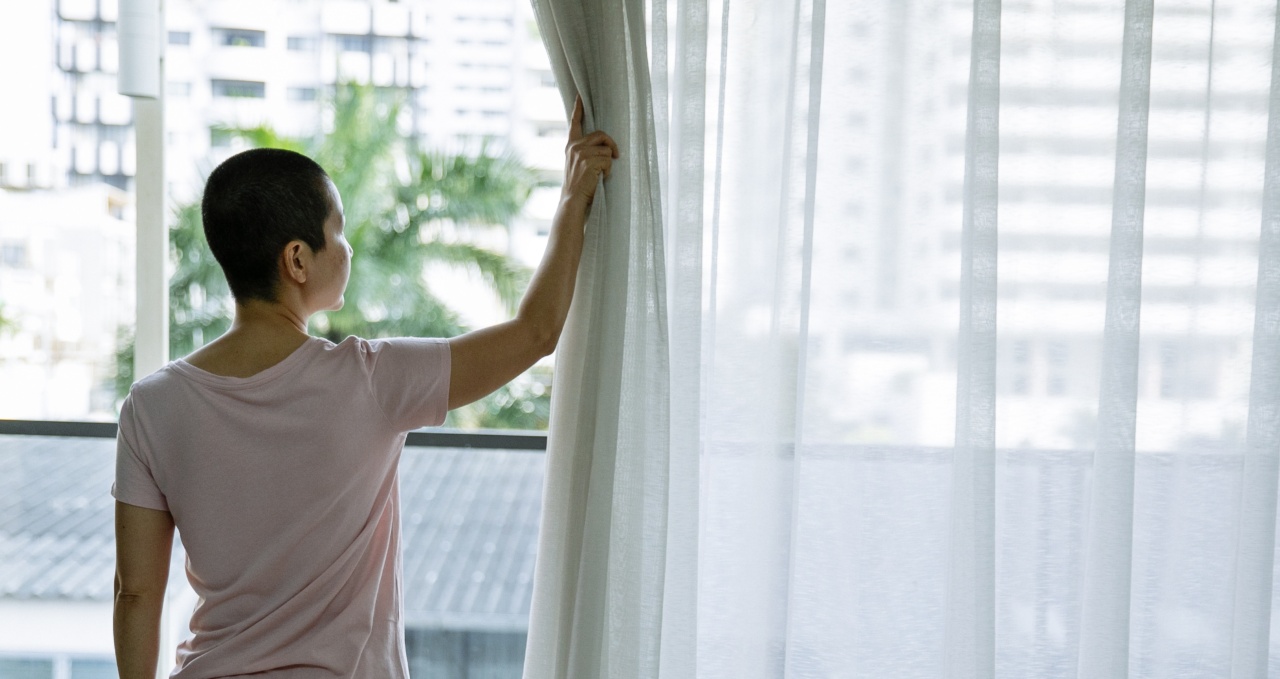Morning hypoglycaemia, also known as morning low blood sugar, refers to a condition where an individual experiences low blood sugar levels (less than 70 mg/dL) in the morning.
This phenomenon can be challenging for individuals with diabetes, particularly those on insulin therapy or using certain oral medications.
Causes of Morning Hypoglycaemia
There are several factors that can contribute to morning hypoglycaemia. Understanding these causes can help individuals manage and prevent this condition more effectively:.
1. Overdose of Medications
One of the most common causes of morning hypoglycaemia is administering too much insulin or certain oral diabetic medications just before bedtime.
These medications work to lower blood sugar levels, which can lead to hypoglycaemia if the dosage is excessive.
2. Delayed or Missed Meals
Skipping meals or eating meals late can disrupt the body’s normal glucose production and utilization mechanisms.
This can result in a drop in blood sugar levels, particularly during the early hours of the morning when the body’s glucose stores are depleted.
3. Alcohol Consumption
Drinking alcohol in the evening can play a significant role in morning hypoglycaemia. Alcohol can interfere with the liver’s ability to produce glucose, leading to lower blood sugar levels.
Moreover, excessive alcohol consumption can also mask the symptoms of hypoglycaemia, making it harder for individuals to recognize and address the problem.
4. Physical Activity
Engaging in intense physical activity, especially in the evening, can cause a drop in blood sugar levels. This is due to increased glucose utilization during exercise.
If not adequately compensated for with timing and appropriate amounts of food or carbohydrates, this can lead to morning hypoglycaemia.
5. Inadequate Bedtime Snacks
A bedtime snack consisting of complex carbohydrates and proteins can help prevent morning hypoglycaemia.
However, if the snack is insufficient or does not contain the right balance of nutrients, blood sugar levels may drop during sleep, leading to hypoglycaemia upon waking up.
6. The Somogyi Effect
The Somogyi effect, also known as rebound hyperglycaemia, occurs in response to nocturnal hypoglycaemia. When blood sugar levels drop too low during the night, the body compensates by releasing hormones that raise blood sugar levels excessively.
This can result in higher-than-normal blood sugar levels in the morning.
7. Dawn Phenomenon
The dawn phenomenon refers to the release of counter-regulatory hormones, such as cortisol and growth hormone, during the early hours of the morning.
These hormones can cause the liver to release more glucose into the bloodstream, leading to elevated blood sugar levels. In individuals with diabetes, this can contribute to morning hyperglycaemia, but sometimes may also trigger morning hypoglycaemia if there is an excessive surge of counter-regulatory hormones.
Symptoms of Morning Hypoglycaemia
Morning hypoglycaemia can manifest through a variety of symptoms, including:.
1. Feeling Weak or Fatigued
Low blood sugar levels can cause weakness and fatigue, leaving individuals feeling excessively tired and lacking energy.
2. Shakiness or Tremors
Unstable blood sugar levels may lead to shakiness or tremors in the hands, legs, or other parts of the body.
3. Sweating
Hypoglycaemia can often cause a noticeable increase in sweating, even in the absence of physical exertion or warm environments.
4. Dizziness or Light-headedness
Feeling dizzy or light-headed is a common symptom of low blood sugar levels and can occur during morning hypoglycaemic episodes.
5. Hunger or Cravings
A sudden increase in hunger or cravings, particularly for sugary foods, can be a sign of low blood sugar levels.
6. Cognitive Difficulties
Mental confusion, difficulty concentrating, forgetfulness, and blurred vision are among the cognitive symptoms often associated with hypoglycaemia.
7. Mood Changes
Hypoglycaemia can lead to mood swings, irritability, anxiety, and even feelings of depression.
8. Headaches
Some individuals may experience headaches as a result of morning hypoglycaemia.
9. Palpitations
Low blood sugar can cause heart palpitations or an increased heart rate.
10. Seizures or Unconsciousness (in severe cases)
In severe cases, morning hypoglycaemia can cause seizures or loss of consciousness. These situations require immediate medical attention.
Preventing and Managing Morning Hypoglycaemia
Effective management of morning hypoglycaemia involves a combination of lifestyle changes and medication adjustments. Here are some strategies to consider:.
1. Regular Blood Sugar Monitoring
Frequent monitoring of blood sugar levels, particularly in the morning, can help individuals identify patterns and trends, making it easier to pinpoint the causes of hypoglycaemia.
2. Adjust Medication Dosages
Working with a healthcare professional, individuals on diabetes medication may need adjustments to their doses or timing to prevent morning hypoglycaemia.
3. Balanced Bedtime Snacks
Consuming a balanced snack that includes complex carbohydrates and proteins before bed can help stabilize blood sugar levels overnight.
4. Consistent Meal Schedules
Establishing regular meal times and not skipping meals can help regulate blood sugar levels and prevent hypoglycaemia.
5. Moderate Alcohol Consumption
If alcohol is consumed, doing so in moderation and avoiding excessive intake close to bedtime can help prevent a drop in blood sugar levels.
6. Adjust Exercise Timing and Intensity
If physical activity triggers morning hypoglycaemia, adjusting the timing of exercise or modifying its intensity can help prevent blood sugar drops.
7. Use Continuous Glucose Monitoring (CGM)
Continuous glucose monitoring devices provide real-time blood sugar readings and can help individuals proactively manage their condition, including morning hypoglycaemia.
8. Consult with a Healthcare Professional
If morning hypoglycaemia persists or becomes increasingly severe, it is important to consult with a healthcare professional who can provide personalized guidance and make any necessary adjustments to the treatment plan.
Conclusion
Morning hypoglycaemia can be a challenging condition for individuals with diabetes. Addressing the causes, understanding the symptoms, and implementing preventive strategies are crucial steps in effectively managing this condition.
By working closely with healthcare professionals and making lifestyle adjustments, individuals can significantly reduce the occurrence of morning hypoglycaemia, leading to improved overall health and wellbeing.





























